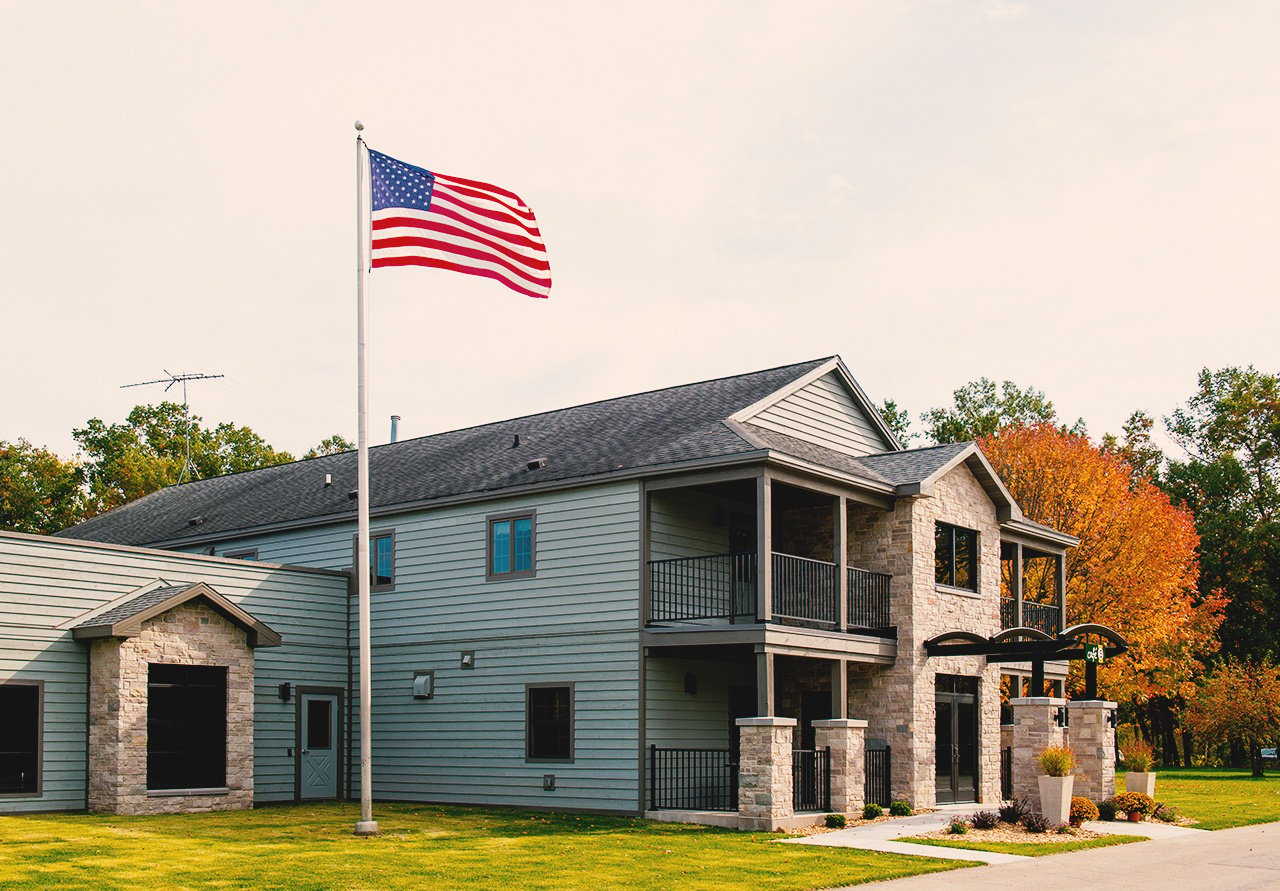Suicide is the #1 killer of police officers. A variety of factors such as PTSD, stress, and depression are linked to this growing concern. Police officer suicide occurs 1.5 times more frequently than among the general population.
Demographics behind police officer suicide
When analyzing police officer suicide rates since 2008, a few common trends appear:
- 91% of suicides were by male officers
- Average age of officers committing suicide was 42
- Average length of career in law enforcement for officers committing suicide was 16 years
Older male officers well into their career on the force have a higher risk of committing suicide than newer officers.
Police officer suicide prevalence
Roughly the same amount of police officers take their lives every year. Many officer suicides come as a shock to a vast majority of people who knew the officers.
-
- Over 100 police officers take their lives per year, dating back to 2008
- 15%-18% of officers that committed suicide suffered from PTSD
- 64% of police suicides were completely unexpected
Warning signs
Police officers who contemplate suicide sometimes display these common warning signs:
- Neglect personal welfare
- Withdraw from friends and family
- Lose interest in hobbies or passions
- Mood changes
- Deep sadness
These signs appear in many individuals before they commit suicide. Unfortunately, police officers tend to be more withdrawn by nature, making it harder for friends and family to identify any problems.
Who do police officers turn to?
When police officers are facing issues, they discuss the issues with a variety of different people. That is, if they choose to discuss it at all.
- 56.9% turn to family members
- 44.1% turn to nobody
- 42.1% turn to a friend at work
- 37.2% turn to a friend outside work
- 17.6% turn to professional help outside work
- 10.8% turn to a direct supervisor
An alarming 44.1% turn to nobody at all. This might be due to pride, denial, or many other factors causing an officer to not feel comfortable discussing their mental health issues.
How can law enforcement agencies help?
Law enforcement agencies can and have taken steps to address the high number of police officer suicides. Some methods found to be effective include:
- Law enforcement agencies can endorse, develop, and encourage peer support programs.
- Overcome unwritten Police “rules”.
- Remove the stigma that accompanies seeking help.
- Train officers in healthy self-care rather than poor coping strategies such as excessive alcohol consumption, avoidance, and distancing.
- Raise awareness about motivations and risk factors for suicide so fellow officers will recognize them before it’s too late.
- Encourage agencies to investigate and report suspected LEO suicides using a psychological autopsy format similar to the one outlined by the U.S. Department of the Army.
How can officers help?
If you are an officer experiencing mental health issues or you know an officer who is, refer them to the two numbers below for potentially life-saving support:
- Safe Call Now (Crisis hotline specifically for first responders) 1-206-459-3020
- COPLINE (“There is always a cop on the other end of the line”) 1 -800-267-5463
Also, visit Talk2EndStigma to read Chris Prochut’s story and share many of the resources on his page. Chris experienced many of the issues police officers face when dealing with mental health and provides valuable insight on situations officers may not know how to handle.
There is help available. It’s a matter of recognizing something is wrong and admitting help is needed. There is too much at stake to ignore the threat of suicide.









